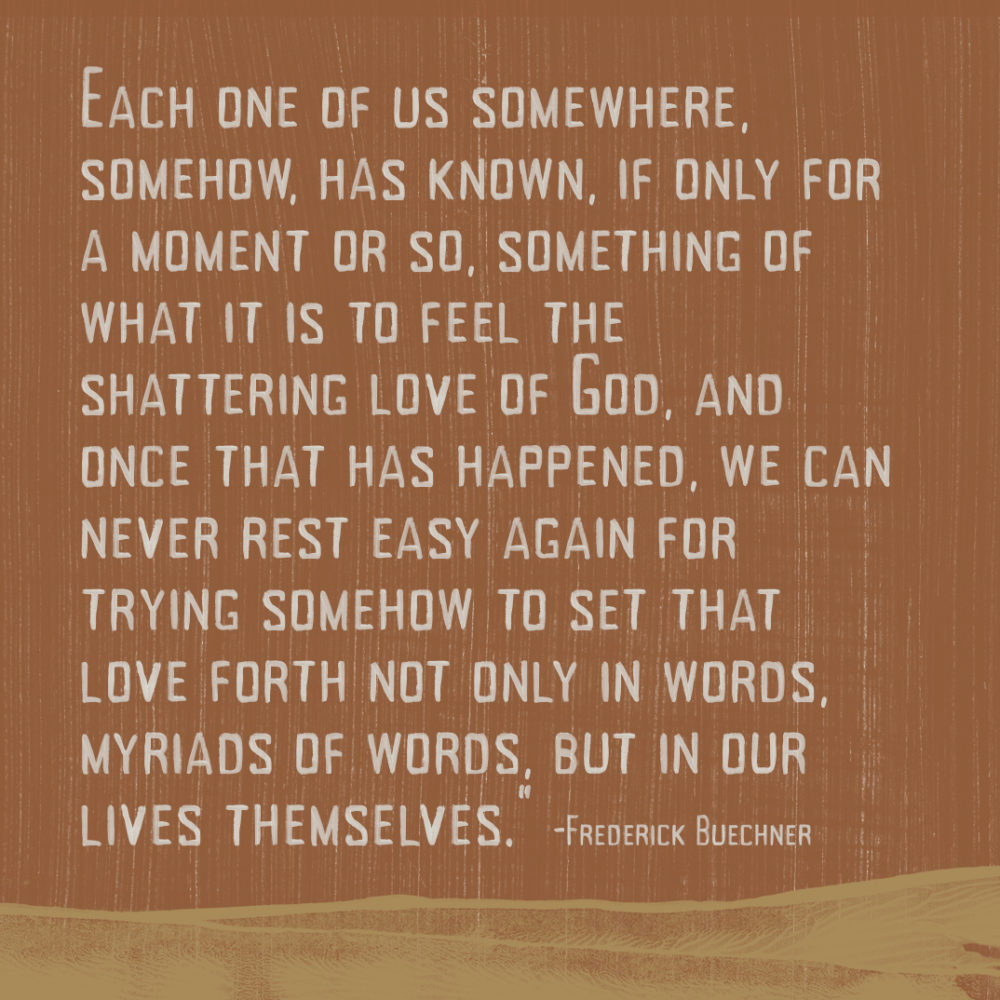Hear, O Israel: The LORD our God, the LORD is one. 5Love the LORD your God with all your heart and with all your soul and with all your strength.
Deuteronomy 6:4,5
One of the teachers of the law came and heard them debating. Noticing that Jesus had given them a good answer, he asked him, “Of all the commandments, which is the most important?”
29 “The most important one,” answered Jesus, “is this: ‘Hear, O Israel: The Lord our God, the Lord is one. 30 Love the Lord your God with all your heart and with all your soul and with all your mind and with all your strength.’ 31 The second is this: ‘Love your neighbor as yourself.’ There is no commandment greater than these.”
Mark 12:28-31
Every day, twice a day, faithful Jews recite the Shema, pledging to hear and obey, and love the LORD with all their heart, soul, and strength – or me’od.
Have you ever noticed that great writers rarely use the word “very”? Instead of “very good” they’ll say the dessert was “sublime” or “superb.” “Very angry” becomes “irate” and “overjoyed” replaces “very happy”.
The average English speaker has 20,000 to 30,000 words to play with! There are so many ways for us to communicate magnitude or intensity without “very”.
But biblical Hebrew has only about 8,000 words, so Old Testament writers often had no choice but to use “me’od”, meaning very or much (pronounced meh-ode).
When God completed Creation it was “me’od good” (Genesis 1:31). Cain became “me’od angry” with Able (Genesis 4:5). Saul was “me’od happy” to be chosen as the first king of Israel (1 Samuel 11:15).
Sometimes, to express that something was at its fullest, maximum intensity, Hebrews would use “me’od me’od“. The Promised Land, for instance, was as good as a land could be; it was “me’od me’od good” (Numbers 14:7). Not “good” or “very good”, but “the fullest good”.
A person’s me’od is not their physical, spiritual, or mental power, but their muchness or fullness.
When faithful Jews recite the Shema, they are calling themselves to give the LORD their attention and obedience, their feelings and affections, their body with all its capabilities and limitations, and their fullness – their everything.
If there’s anything I’m excluding from my love for the LORD, me’od includes it. If there’s anything I’m keeping for myself, because it’s not part of my heart or body? Me’od calls me to hand that over to the LORD too. Me’od removes every limitation on how much and how many ways I can love the LORD.
The LORD wants me to listen and obey and to give my heart, soul, and everything else.

Reflection
• What limits have I put on my love for the LORD; what have I held back?
Our Prayer
Giver of everything, we give you everything.
Body, mind, time, talents, resources – all from you and all for you.
Amen.
 Shaun Groves
Shaun Groves